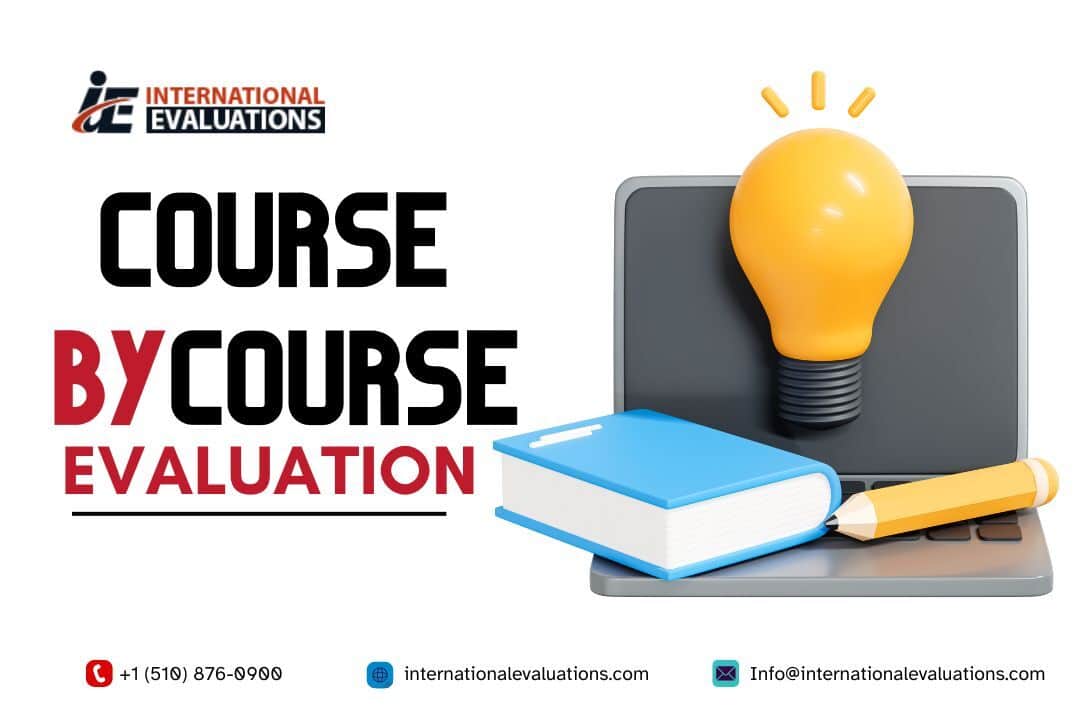Introduction
In today's competitive task market, the shift from class learning to real-world application is more crucial than ever. Trainees and experts alike are looking for ways to translate their work experiences into academic credits. This article checks out the detailed procedure of assessing work experience for education credit, highlighting its significance in personal and professional advancement.
As we look into this subject, we will go over different aspects of scholastic credential examination, worldwide credential examination services, course-by-course credential evaluation, and how they associate with work experience evaluation. Furthermore, we'll check out professional opinion letters and organization strategy examinations as part of this multifaceted journey.
From Class to Career: Examining Work Experience for Education Credit
The bridge in between classroom education and career success frequently includes acknowledging the value of useful experience. Numerous trainees accumulate significant work experience during internships or part-time tasks that might not be formally recognized by educational institutions. However how can one make sure that these experiences count toward their scholastic credentials?
Why Assess Work Experience?
Evaluating work experience is necessary for numerous reasons:
Recognition of Skills: It confirms the abilities acquired through hands-on experiences. Enhanced Employability: Companies progressively seek candidates with useful understanding together with official education. Personal Growth: Recommendation of previous experiences increases self-confidence and motivates long-lasting learning.Types of Credential Evaluation
Understanding the various kinds of credential evaluations offered can assist individuals browse this procedure effectively.
Academic Credential Evaluation
Academic credential examination assesses foreign instructional certifications against developed requirements in another country. This procedure is essential for international trainees or workers intending to show their educational background.
International Credential Evaluation Services
These services specialize in examining foreign qualifications and determining their equivalency in the host nation's instructional system. They provide reports that outline the level and kind of education got abroad.
Course-by-Course Credential Evaluation
This detailed analysis breaks down each course taken throughout a degree program, offering insights into grades made and credit hours completed. It's particularly beneficial for students wanting to transfer credits between institutions.
Work Experience Evaluation
Work experience evaluation works as an approach to officially assess non-academic skills gotten through employment or volunteer activities. Here's how it works:
Documentation: Individuals should collect paperwork such as task descriptions, efficiency evaluations, and any appropriate certifications. Comparative Analysis: The critic compares this details versus developed educational competencies. Outcome: The outcome might cause academic credits awarded based upon demonstrated knowledge and skills.The Function of Specialist Viewpoint Letters
https://paxtonwseo527.bearsfanteamshop.com/how-course-by-course-evaluations-can-elevate-your-academic-profileA specialist opinion letter can bolster your case when seeking credit for work experience. These letters usually come from industry professionals who can vouch for your abilities and contributions in a particular field.

What Should a Professional Viewpoint Letter Include?
- A summary of your role in the organization Specific skills you developed How your experiences associate with scholastic outcomes
Having a professional back your capabilities not just provides reliability however also enhances your total portfolio when obtaining advanced research studies or positions.
Business Strategy Assessment as a Learning Tool
Creating a company strategy can be an exceptional method to display your understanding of theoretical ideas used in real-world circumstances. A thorough evaluation of a service plan might highlight proficiencies such as strategic thinking, monetary preparation, and market analysis.
FAQs
1. What types of work experiences get approved for academic credit?
Typically, work experiences that directly connect to your field of study or demonstrate transferable abilities are eligible for academic credit.
2. How do I discover worldwide credential examination services?
You can search online directories or talk to universities that often have partnerships with trustworthy credential evaluators.
3. Is there a cost connected with getting an expert opinion letter?
Yes, many specialists charge for their time invested writing these letters; however, some might provide them pro bono depending upon the situation.
4. Can I get credit for overdue internships?
Absolutely! Unsettled internships typically provide important experience and can be examined likewise to paid positions.
5. How long does the credential assessment procedure take?
The timeline varies based on the service utilized but typically varies from a few weeks to numerous months.
6. Are there particular documents needed for course-by-course evaluations?
Yes, you will need transcripts from all post-secondary institutions went to, in addition to comprehensive course descriptions when possible.
Conclusion
Transitioning from class knowledge to profession readiness requires recognizing the significance of practical work experiences in education credit evaluations. As we have actually explored in "From Classroom to Profession: Assessing Work Experience for Education Credit," both trainees and specialists stand to gain considerably by leveraging their real-world experiences towards their scholastic goals.
By using various kinds of evaluations-- be it through academic credential examinations or expert viewpoint letters-- people can improve their qualifications while promoting long-lasting learning concepts that adhere closely to today's dynamic workforce demands.
In summary, accepting both theoretical knowledge from classrooms together with experiential knowing gained through professional engagements creates well-rounded prospects prepared to tackle the challenges ahead in their careers.